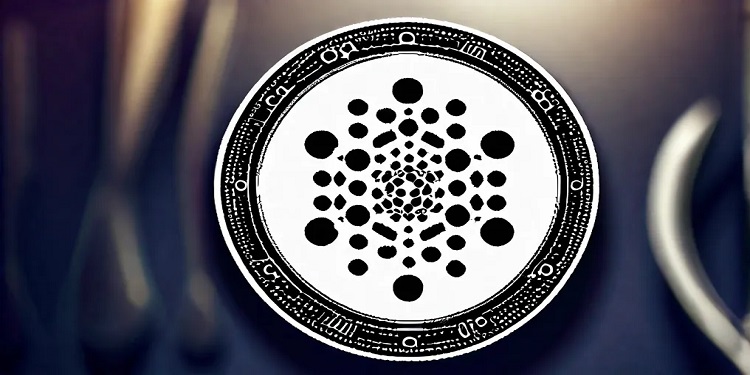Cardano is making significant strides towards its much-anticipated Chang hard fork. Stake pool operators (SPOs) on the Cardano network have commenced upgrading their nodes to the latest software, Node 9.1.0, as of Thursday. SPOs play a crucial role as validators who authenticate transactions on the blockchain.
Transition to Decentralized Governance
The Chang hard fork aims to transfer control of the $14 billion blockchain to ADA holders. The new Node 9.1.0 encompasses all the necessary features required to facilitate the hard fork, as noted in the release document on Cardano’s GitHub. The hard fork will be initiated once at least 70% of all SPOs have upgraded to the new node. Currently, node density for the upgrade stands at 27%, according to data from Cardano’s staking dashboard, PoolTool. Achieving the required 70% node density will trigger a new blockchain proposal to finalize the hard fork.
Understanding Hard Forks
Hard forks result in major changes to a blockchain’s software, rendering it incompatible with previous versions once the process is complete. Major blockchains such as Bitcoin and Ethereum have experienced hard forks in the past. For instance, Ethereum’s 2022 hard fork shifted its consensus mechanism from Proof of Work to Proof of Stake.
Cardano’s Evolution Towards Decentralization
The Chang hard fork is set to introduce decentralized governance to Cardano, resembling decentralized autonomous organizations (DAOs) in the DeFi space. The upgrade is named after Phil Chang, an early Cardano evangelist who passed away in 2022. Decentralized governance will signify that Cardano is no longer controlled by the Cardano Foundation, Emurgo, and Input Output Global (IOG)—the three entities previously managing Cardano’s administration. Emurgo acts as Cardano’s commercial arm, while IOG is a blockchain development firm owned by Charles Hoskinson.
With the transition to DAO-like governance, ADA holders will gain the authority to vote on changes to the blockchain. Hoskinson has previously highlighted that this shift to decentralized governance is a testament to Cardano’s maturity over the years. In addition to voting on blockchain changes, ADA holders will also have rights over the project’s budget and treasury. Those not interested in active governance may delegate their voting power to other participants.
The Voltaire Era and Future Prospects
The Chang hard fork represents the fifth network change for Cardano, ushering the blockchain into the Voltaire era. According to Cardano’s roadmap, the Voltaire era will decentralize control of the network. Previous eras, named Goguen and Basho, introduced features such as scalability and smart contract functionality.
Implications and Future Directions
The implementation of the Chang hard fork is a pivotal moment for Cardano, signaling its ongoing commitment to decentralization and community governance. By empowering ADA holders with voting rights and control over the blockchain’s future, Cardano aims to foster a more democratic and resilient network.
The transition to decentralized governance is expected to attract more participants to the Cardano ecosystem, enhancing its robustness and appeal. The move aligns with broader trends in the blockchain industry, where decentralization and community engagement are increasingly prioritized.
In summary, Cardano’s journey towards the Chang hard fork underscores its dedication to evolving as a decentralized platform. By transferring control to ADA holders and introducing DAO-like governance, Cardano is set to enter a new phase of development, emphasizing community involvement and decentralized decision-making. This significant milestone highlights Cardano’s progress and its vision for a more inclusive and democratic blockchain ecosystem.

